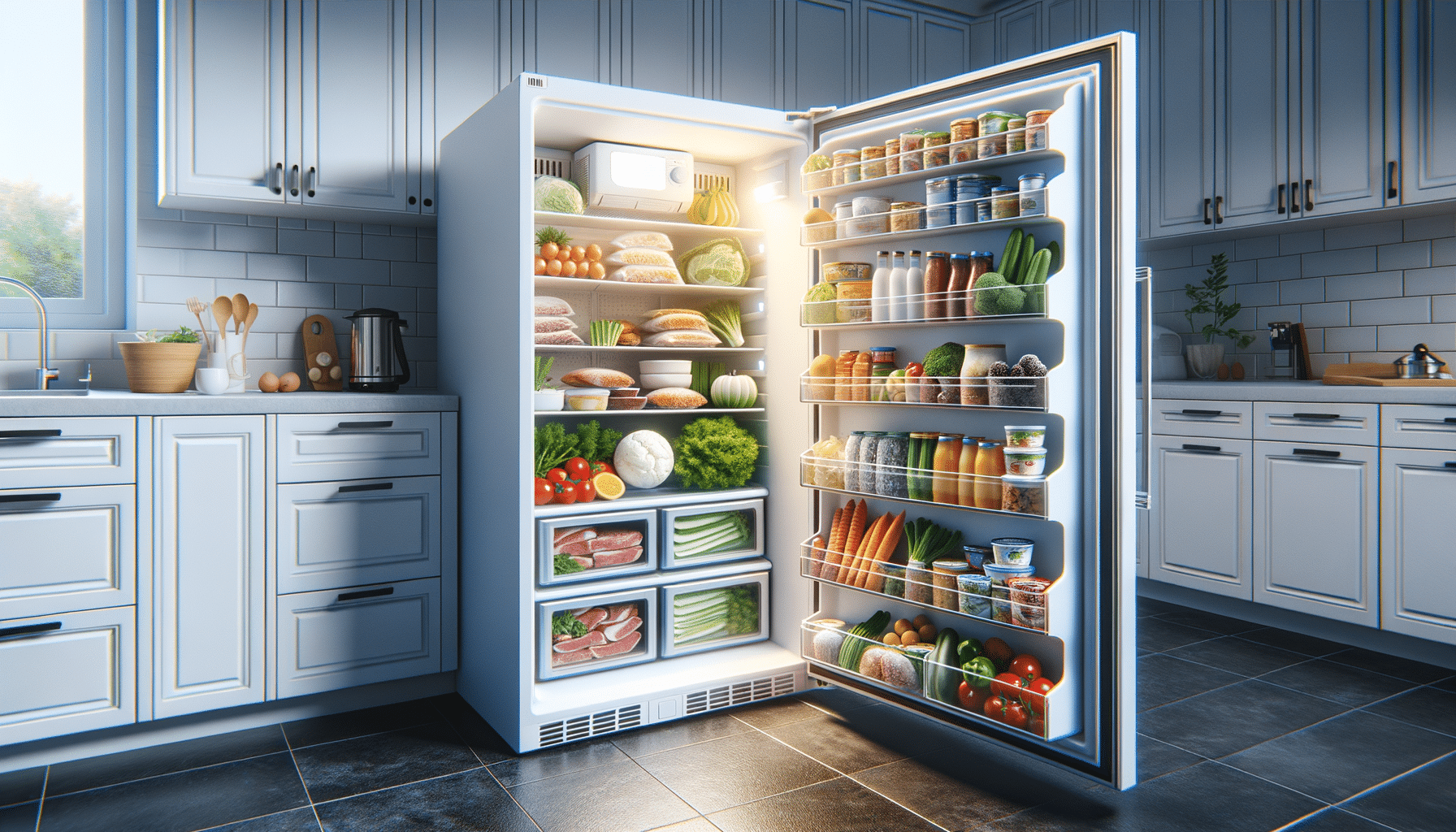
Introduction to Freezers
In today’s fast-paced world, freezers have become indispensable in households. They play a crucial role in food preservation, allowing us to store perishable items for extended periods. From keeping ice cream solid to preserving seasonal fruits and vegetables, freezers offer a multitude of benefits that enhance our daily lives. This article delves into the various aspects of freezers, exploring their types, features, and how they contribute to efficient household management.
Types of Freezers
Freezers come in various types, each designed to cater to specific needs. The most common types include upright freezers, chest freezers, and portable freezers. Upright freezers resemble refrigerators and offer easy access to stored items, making them suitable for frequent use. They typically come with shelves and compartments, providing organized storage space.
Chest freezers, on the other hand, are known for their large capacity and energy efficiency. They are ideal for bulk storage and can keep food frozen for longer periods during power outages due to their insulated design. However, accessing items at the bottom can be challenging, requiring some organization.
Portable freezers are compact and versatile, perfect for outdoor activities or small living spaces. They offer the convenience of mobility and are often used in RVs or boats. Understanding the different types helps consumers choose the right freezer based on their lifestyle and storage needs.
Features to Consider
When selecting a freezer, several features should be considered to ensure it meets your requirements. Energy efficiency is a critical factor, as freezers run continuously and can significantly impact electricity bills. Look for models with energy-saving certifications to reduce long-term costs.
Another important feature is the defrosting mechanism. Manual defrost freezers require periodic defrosting to maintain efficiency, while automatic defrost models offer convenience by preventing ice buildup. Additionally, consider the freezer’s capacity, which should align with your storage needs and available space.
Modern freezers also come with advanced features such as temperature alarms, adjustable shelves, and quick-freeze options. These enhancements improve user experience and ensure food is stored under optimal conditions.
Benefits of Owning a Freezer
Owning a freezer offers numerous benefits that contribute to a well-organized and efficient household. Firstly, it allows for bulk buying and meal prepping, which can save both time and money. By purchasing items in larger quantities, you can take advantage of discounts and reduce the frequency of grocery shopping trips.
Freezers also help in reducing food waste by preserving leftovers and excess produce. This is particularly beneficial for seasonal fruits and vegetables, which can be enjoyed year-round when properly frozen. Furthermore, having a freezer provides the convenience of having a variety of food options readily available, enhancing meal planning and creativity in the kitchen.
In emergency situations, such as power outages, a well-stocked freezer can be a lifesaver, ensuring access to essential food supplies.
Maintaining Your Freezer
Proper maintenance is key to ensuring the longevity and efficiency of your freezer. Regular cleaning helps prevent the buildup of frost and odors. It’s advisable to clean the interior with a mild detergent and water solution every few months.
Defrosting is another essential maintenance task. For manual defrost freezers, it’s important to remove ice buildup periodically to maintain efficiency. Automatic defrost models require less maintenance but should still be checked for any issues.
Additionally, ensure that the freezer’s door seals are intact to prevent cool air from escaping. Regularly check the temperature settings to ensure they are optimal for food preservation. By following these maintenance tips, you can extend the life of your freezer and ensure it operates efficiently.
